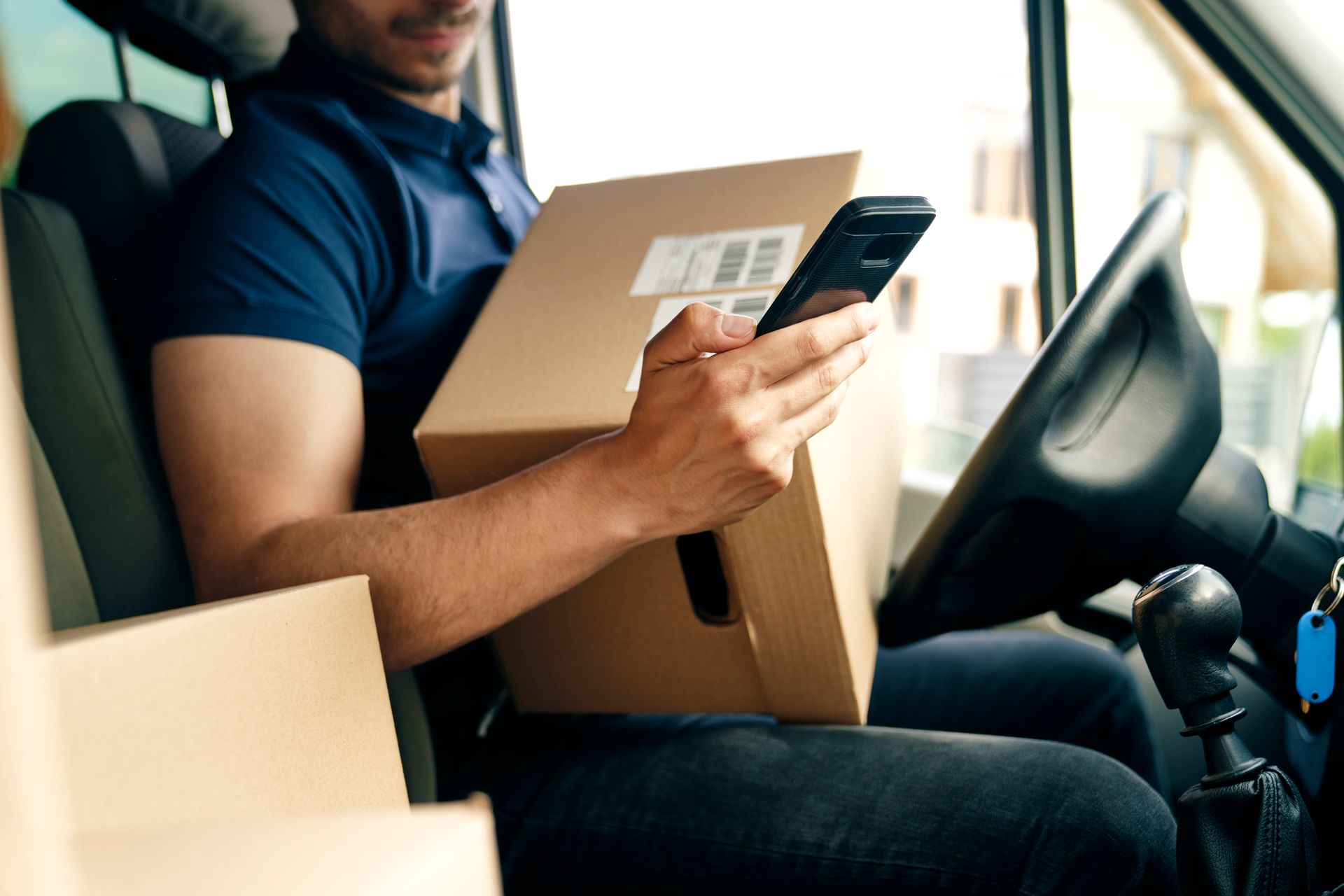How Atlantic Courier’s Real-Time GPS Tracking is Revolutionising Medical Supply Deliveries in the Caribbean

In the Caribbean, the delivery of medical supplies has never been easy. Its islands are scattered, the weather is erratic, and there is not enough infrastructure to transport the equipment to those who need it. Yet, Atlantic Courier, one of the most successful logistics companies, is shaking up the industry with its real-time GPS tracking system. It is an innovative method that is increasing the speed of delivery, safety and reliability of delivery.
This article examines this new breakthrough and how it has transformed the lives of people throughout the Caribbean. If you want to have more disposable income for your online orders and summer vacations, try online betting to earn huge rewards and prizes from the comfort of your couch!
The Challenges of Medical Supply Delivery in the Caribbean
Before diving in, let’s first understand the challenges of delivering medical supplies in the region.
1. Geographic Barriers
With over 7 thousand islands that comprise the Caribbean, a large number are remote and inaccessible by road. These communities rely on boats or small aircraft for supplies. There may be delays due to unfavourable weather or heavy waters, which cannot be foreseen.
2. Lack of Infrastructure
Not every island has built ports, roads, or airports. At times, there is a need to transport medicine through difficult terrain, which creates delays and risks destroying delicate products such as vaccinations.
3. Time-Sensitive Deliveries
A number of medical supplies (including insulin, blood samples, and vaccinations) should be transported in a timely manner and under strict temperature control. Even a hold of several hours could render them ineffective and cost lives.
How Real-Time GPS Tracking Works
Atlantic Courier’s system uses advanced GPS technology to monitor every shipment from pickup to delivery, so here’s how it works:
1. Live Location Updates
Each delivery van (or boat/plane) has a GPS tracker, which helps the team and their clients visualise the precise position of a cargo at any time.
- Hospitals and clinics can monitor their orders in real time.
- The dispatchers are able to redirect vehicles in case of any unforeseen traffic.
2. Temperature and Condition Monitoring
Many medical supplies need to stay within a specific temperature range, so Atlantic employs sensors that monitor:
- Temperature
- Humidity
- Shock (to detect rough handling)
If conditions fall outside safe levels, the mechanism sends an instant alert. This allows for quick corrections.
3. Predictive Analytics
Using historical data, Atlantic Courier can predict potential delays before they happen, so for instance:
- If a storm is approaching, they can reroute shipments early.
- If a certain port is experiencing delays, they can choose an alternate route.
The Impact on Healthcare
Atlantic Courier’s GPS tracking is saving lives:
Faster Emergency Response
In emergencies (such as natural disasters or disease outbreaks), quick delivery of aid is critical. With real-time tracking:
- Emergency responders know exactly where supplies are and when they’ll arrive.
- Hospitals can prepare in advance for incoming shipments.
Reduced Waste
Before tracking, many shipments were lost, delayed, or spoiled. Now:
- Vaccines and medications arrive in usable condition.
- Hospitals no longer face shortages due to lost shipments.
Improved Trust
Patients, along with their nurses and physicians, can now be assured that their supplies will arrive when needed. This is a reliability that is transforming healthcare in isolated areas.
Future Innovations
Atlantic Courier is now exploring even more ways to improve their deliveries, including:
Drones for Remote Areas
In hard-to-reach islands, drones could provide ultra-fast deliveries of small, critical supplies like blood samples or emergency medications.
AI-Powered Route Optimisation
By using artificial intelligence, Atlantic Courier could further reduce shipment times by finding the fastest routes automatically.